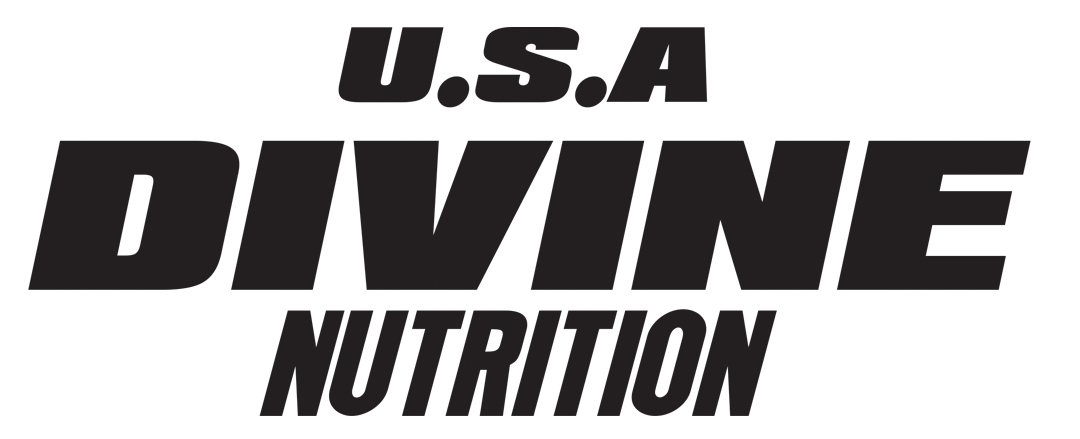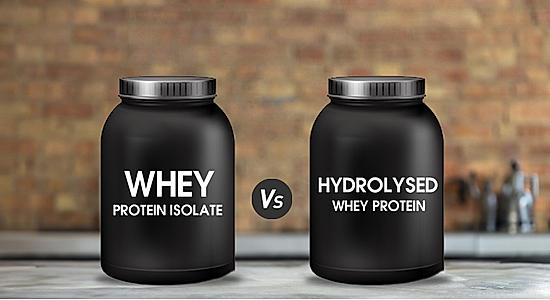In the realm of fitness and nutrition, whey protein stands tall as a staple supplement. Its popularity stems from being a rich source of high-quality protein, aiding muscle growth, recovery, and overall health. Yet, the variations within whey protein—concentrate, isolate, and hydrolysate—often leave consumers perplexed. Let’s demystify these different types and understand their unique properties. Whey protein has become synonymous with fitness and nutrition due to its impressive array of benefits for muscle growth, recovery, and overall health. However, within the realm of whey protein, there are distinct variations – concentrate, isolate, and hydrolysate – each offering unique characteristics and catering to specific needs.
Whey Protein Concentrate
Whey protein concentrate is the least processed form among the trio. It contains varying levels of protein (usually between 70-80%) along with some lactose and fats. This composition lends itself to a more complete nutritional profile, providing small amounts of beneficial nutrients like minerals and immune-boosting factors found in whey.
Due to its slightly higher carbohydrate and fat content compared to isolate and hydrolysate, WPC tends to offer a creamier texture and better taste. It's an excellent option for those seeking a balance between protein content and additional nutrients.
Whey Protein Isolate
On the other end of the spectrum lies whey protein isolate. Through additional processing, WPI undergoes filtration to remove most of the lactose, fat, and carbs, resulting in a product with a higher protein concentration of around 90% or more. Consequently, WPI is a purer form of protein, making it a preferred choice for individuals with lactose intolerance or those looking for a low-carb, low-fat protein supplement.
The increased protein purity in WPI often translates to quicker absorption, making it an ideal option for post-workout consumption when rapid protein uptake is desired for muscle repair and growth.
Whey Protein Hydrolysate
Whey protein hydrolysate undergoes further processing by enzymatic hydrolysis, breaking down the protein into smaller peptides. This pre digestion process results in faster absorption rates compared to concentrate and isolate, making it the quickest to be absorbed by the body.
Due to its partially pre-digested nature, WPH might be easier on the digestive system, making it a suitable choice for individuals with digestive sensitivities or those seeking rapid recovery after intense workouts.
Choosing the Right Whey Protein for You
Selecting the ideal whey protein type depends on individual goals, dietary needs, and tolerances.
Muscle Building and General Fitness: Whey protein concentrate offers a balanced nutritional profile and is a cost-effective option for overall health and muscle support.
Low Carb/Fat Diets or Lactose Sensitivity: Whey protein isolate with its higher protein content and minimal lactose and fats is often favoured.
Rapid Recovery or Digestive Sensitivity: Whey protein hydrolysate, with its faster absorption and pre-digested nature, might be the best fit.
Conclusion
In the vast landscape of protein supplements, whey protein stands as a prominent choice due to its high bioavailability and amino acid profile. Divine Nutrition, known for its quality whey protein products, offers a range of options, including concentrate, isolate, and hydrolysate. Understanding the differences between these forms empowers individuals to make informed decisions based on their unique dietary requirements and fitness objectives.
Remember, while the differences among these forms exist, the fundamental goal remains the same: to supplement your diet with a quality protein source to support your health and fitness journey. Whether you opt for concentrate, isolate, or hydrolysate, incorporating whey protein, such as Divine Nutrition's offerings, can be a valuable addition to a well-rounded nutrition plan, aiding in achieving your fitness goals efficiently and effectively.















